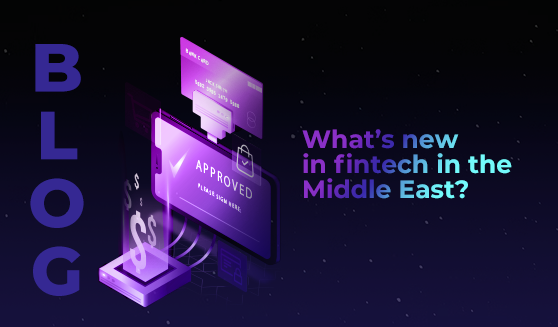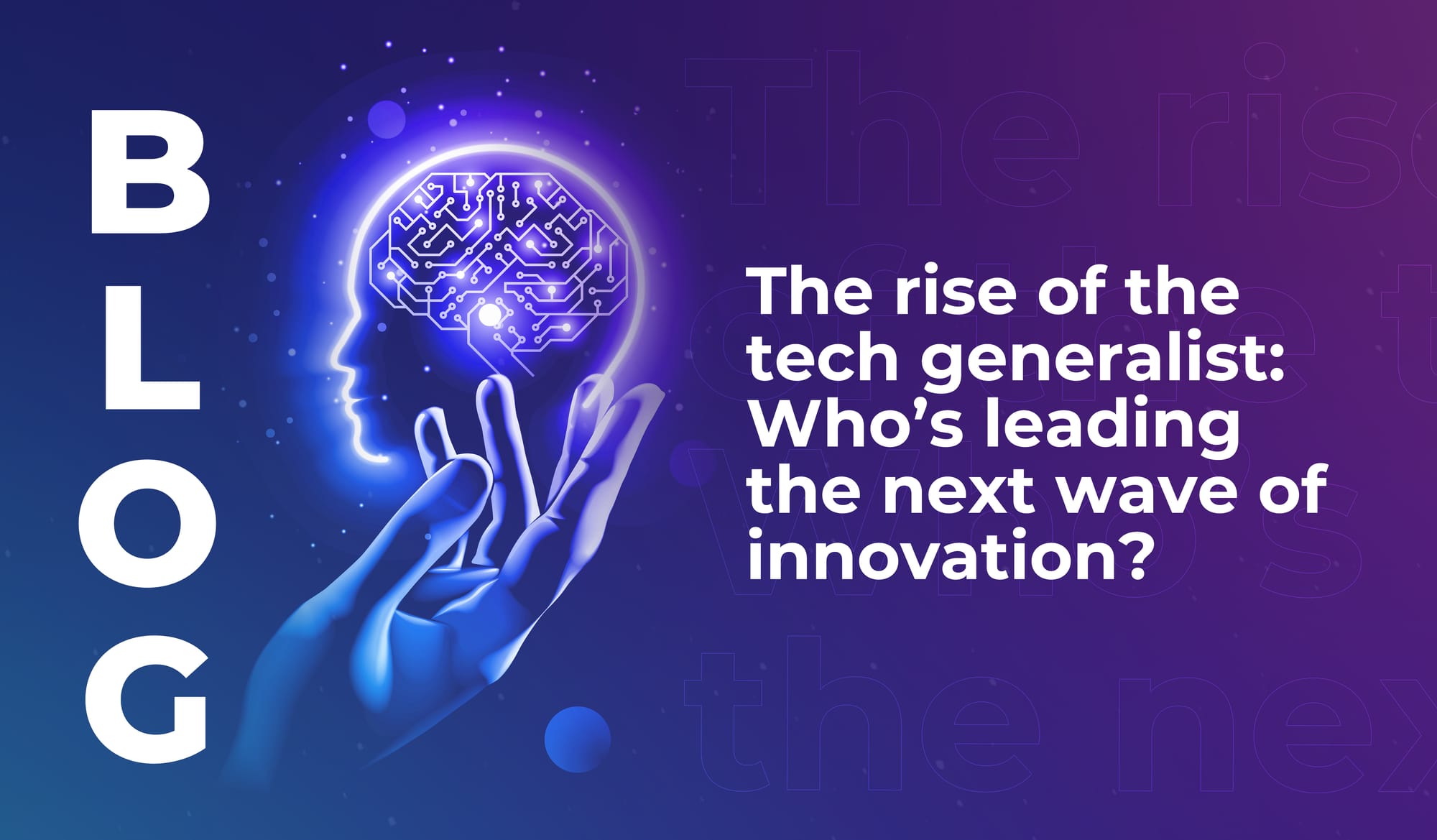
What makes a city ready for a smart future?
Discover the cities that rank highly for smart city preparedness, and learn why locally relevant innovation is more important than cutting-edge tech.


As the global fintech sector grows, it’s becoming increasingly clear that the way we manage money with technology isn’t just about…well, money. It’s about people.
Fintech developers are creating products and services that can help people live more easily, enjoy greater financial freedom, and have more visibility and control over their money.
At LEAP, we get to talk to some of the most inspiring fintech minds in the world. From Ghela Boskovich (Regional Director/Head of Europe at Financial Data and Technology Association) to Dr. Ritesh Jain (Co-Founder of Infynit), we have the privilege of seeing fintech through the eyes of its champions.
And what we've learnt is that fintech insiders are working hard to see their products and services through the eyes of their customers. That is what makes fintech so powerful: when it’s developed with a focus on real use cases and genuine positive impact.
The MENA region is building its fintech sector steadily, with fintech hubs emerging across the region. These hubs help to channel funds towards startups and small companies, boosting industry growth and economic growth. According to Strategy& (part of the PwC network), MENA-based startups received over USD $2.5 billion in 2021 alone; and a growing number of these startups are initiating successful IPOs.
GCC countries in particular are forging ahead in fintech, with some GCC fintech hubs so big that they’ve positioned themselves firmly on the global fintech map. The number of these hubs in the GCC has grown from just one in 2018, to four in 2022-23:
And this growth in hubs mirrors the broader growth in the regional fintech sector.
As Dr. Ritesh Jain told us in an interview, “Everything evolves and revolves around payments in the financial world, and if financial services are the heart of the economy, payments are the blood flowing through it. Digital and Contactless Payments have forever changed financial services, customer experience, and fintechs.”
So as fintech progresses in the MENA region, citizens gain greater agency over their payments – and enjoy a more seamless, easy-to-manage experience of their own finances.
According to a report by McKinsey, the recent surge in funding for fintech has been particularly notable in the Kingdom of Saudi Arabia, Egypt, Bahrain, and the UAE. These markets have strengthened their position as important hubs for innovation in the sector. The UAE attracted 37% of funding in 2022, while Saudi Arabia took 25%; Egypt took 20%; and Bahrain took 12%.
At LEAP 2023, we shared space with local and international fintech innovators. And it was dazzlingly clear that they share a determination to improve payments and financial wellbeing for their customers, and use fintech to bring finance into the future.
To do that, fintech companies need to share knowledge not just with each other, but with both customers and experts across a wide range of industries – to make sure that fintech doesn’t get caught in its own echo chamber. To provide valuable services, you have to know what people need.
Ghela Boskovich said,
“Having so many industries convened in one spot made it so much easier to have conversations about the intersectionality of different data sets, and what potential use cases arise from blending those insights. And under one roof (an unfathomably big roof) we have smart energy, smart cities, and health tech bumping into fintech tech.”
“LEAP 2023 afforded me the chance to talk with others from around the world,” Boskovich added, “in different industries, about the intersectionality of smart data use cases in an open framework; a rare opportunity.”
And when we asked Jain what his future plans are in fintech, he said quite simply:
“Making a difference in people's lives.”
That’s exactly what fintech startups are doing in the Middle East and around the world. And we’re excited to see this sector evolve.

Discover the cities that rank highly for smart city preparedness, and learn why locally relevant innovation is more important than cutting-edge tech.

If you’ve ever thought about becoming a tech investor, read this – learn why investors are the quiet force shaping the future of the industry.

Tech generalists will enable emerging technologies to integrate across industries and societies in meaningful ways. We still need specialists – but we also need big-picture people.

Discover the cities that rank highly for smart city preparedness, and learn why locally relevant innovation is more important than cutting-edge tech.

If you’ve ever thought about becoming a tech investor, read this – learn why investors are the quiet force shaping the future of the industry.

Tech generalists will enable emerging technologies to integrate across industries and societies in meaningful ways. We still need specialists – but we also need big-picture people.